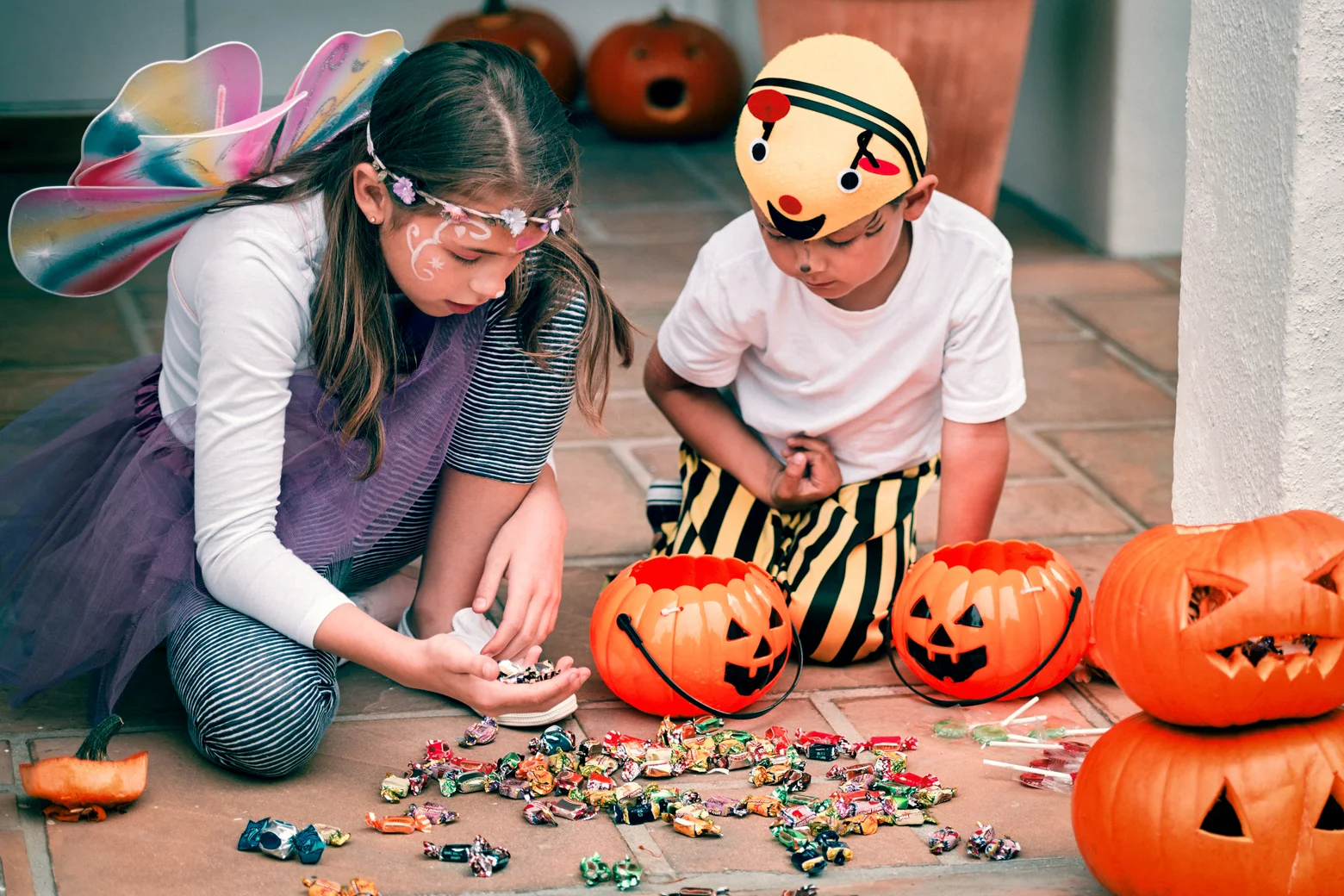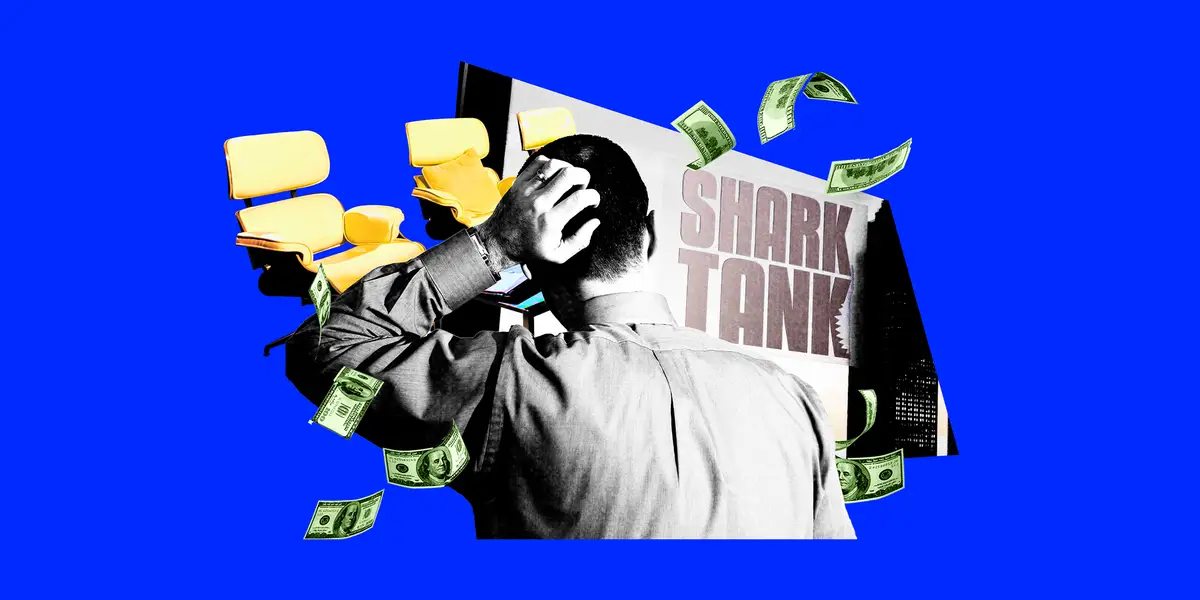Copyright Slate

Sign up for the Slatest to get the most insightful analysis, criticism, and advice out there, delivered to your inbox daily. Pumpkins are gracing the shelves, and candy is being sold in shops that have no business selling candy. This week, I saw a bag of oranges labeled “zombie mandarins,” a marketing ploy clearly aimed at parents who want to have their houses egged by irritated teenagers out trick-or-treating. I love Halloween. Great time of year. Every fall about this time, some horrifying myths start rolling around. There’s the weird idea that people are handing out drugs instead of candy, a lurid tale that makes sense only to people who have no clue how much drugs cost. There’s the fear that children will be harmed by poison or razor blades hidden in candy. And then there’s the scariest rumor of all, one that virtually every parent I’ve ever met believes to some degree: Eating too much sugar makes children hyperactive. As everyone knows, kids gorge themselves on sweet treats on the 31st, then go into a frenzy as their blood glucose spikes. And depending on how big that bag of trick-or-treat loot is, terrified parents might have weeks more of hyper, excitable, tantrum-prone children on their hands. Except … that’s just not true. We’ve known for decades that sugar doesn’t really make people hyperactive. The basic idea is reasonable—when you eat a lot of sugar, your blood glucose does tend to spike, which in theory should cause you to have more energy. In practice, though, we know that this just doesn’t end up being the case. This isn’t a new finding. Research on this topic was done mostly in the ’80s and ’90s. One of the most comprehensive studies was a meta-analysis published in 1995. After aggregating 16 studies together, the authors of the paper found that there were no detectable acute effects of sugar consumption on either behavior or cognition. Or, to put it more simply, neither scientists nor parents could tell whether children had been given tons of candy based on how they behaved or how well they did at answering questions. We’ve known for a long time that candy probably doesn’t make kids go wild, so why does everyone still believe that it does? The answer there also comes back to a scientific experiment. A well-known study in 1994 randomized children and their parents into two groups. One group of mothers was told that their kids had been given large quantities of sugar; the other was told that their children had been given an inactive placebo. But the researchers had tricked the parents. In reality, both groups got the placebo: artificially sweetened candy. Mothers in the group who were informed that their kids had been given sugar, however, rated their offspring as significantly more hyperactive than mothers in the placebo condition did. Remember, the two groups had gotten the exact same sugar-free candies. That proves it: The sugar/hyperactivity myth is all to do with expectations. It’s a remarkable insight into how bad we are at assessing evidence in our own lives. Everyone thinks that sugar makes children hyperactive, so whenever kids are bouncing off the walls, we assume that it’s the sugar. Even though I know for a fact that this entire idea is untrue, I still find myself waiting for a huge surge of screaming followed by tantrums whenever my daughter has a cupcake. And sometimes she does exactly that, because toddlers get excited when they’re given treats, and usually she gets a cupcake at a party, a setting where all the other kids are also pretty excited anyway. The problem, fundamentally, is that we are all human. Humans are great at ignoring evidence when it doesn’t match their beliefs. There are undoubtedly people reading this article right now who are shaking their heads and thinking that this guy has no idea what he’s on about because whenever my kids get candy they become uncontrollable fiends. I’ve seen it with my own eyes! There’s nothing quite like personal experience to make people confident, certain, and wrong. The entire purpose of scientific research is to remove the human element from the equation. People just aren’t very good at knowing what’s true without a framework that removes all of the, well, humanity from the equation. That’s what scientific experiments are meant to do. Obviously, I’m still not here to recommend candy as a snack. Most candy is pretty bad for your health, even if it doesn’t make you go wild. But this year, when you’re watching a 5-year-old try to consume more chocolate than their body can physically allow, it’s worth remembering that the most likely impact is that they’ll be a bit more tired than usual at bedtime.



